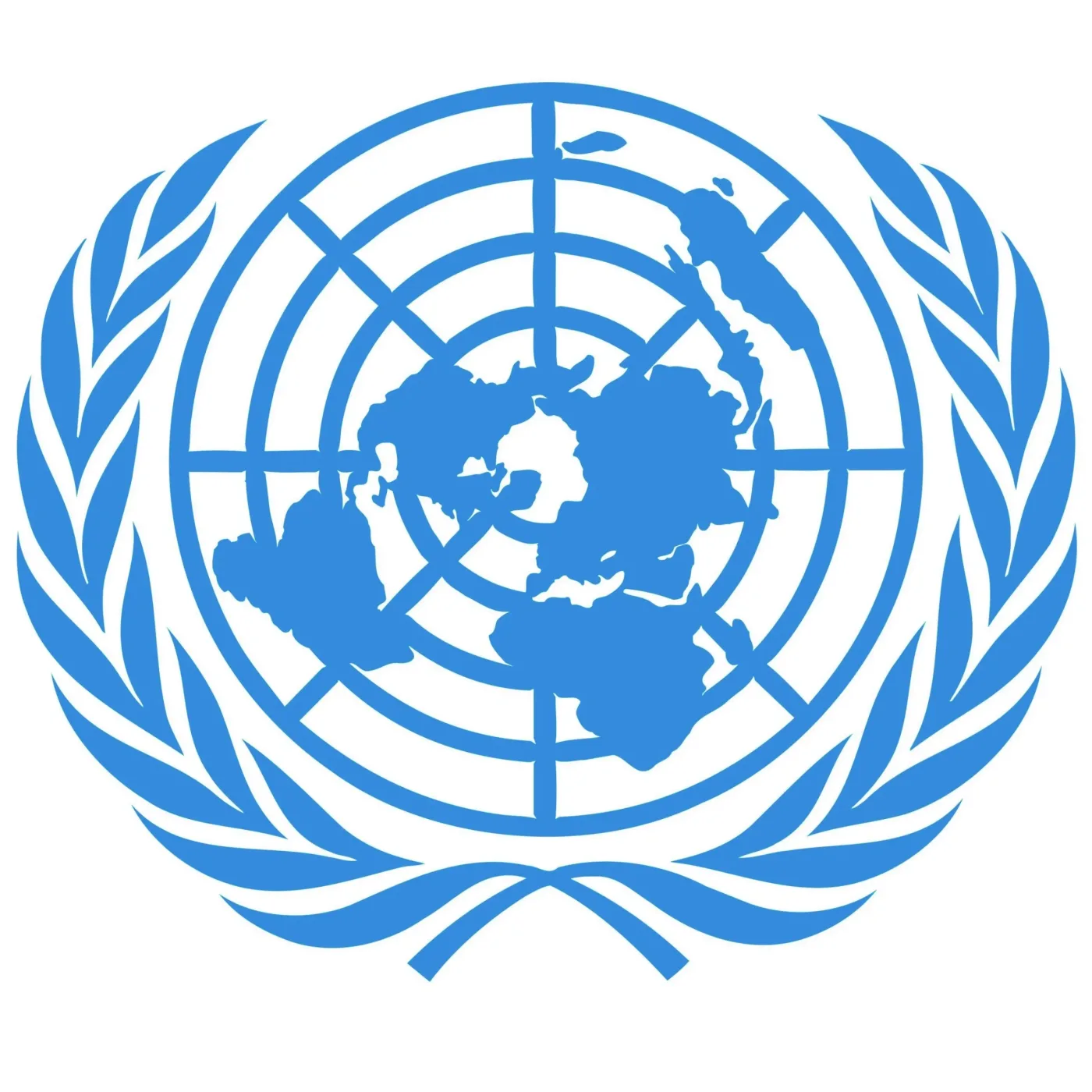Land rights have long been recognized by local and Indigenous communities as a necessary precondition to securing all other fundamental freedoms. On December 22, 2022, the United Nations declared that they too will prioritize land rights as a central issue in their work with member States. Their decision is encoded in the language of General Comment 26, which clarifies the obligations of States to protect land access, use, and control for local and Indigenous communities.
We recently caught up with Land Rights Now board member Vincent Ploton, who serves as the Director of UN Treaty Body Advocacy. He explained the significance of the general comment, what it means for human rights defenders, and why the United Nations has taken up land as a central issue. Read on to learn more!

What is General Comment 26?
At the United Nations, committees of independent experts monitor the implementation of international human rights treaties. One of these treaties is the Covenant on Economic, Social and Cultural Rights. This treaty seeks to protect equal access to an array of economic, social and cultural rights, including the human right to property. General Comment 26 clarifies the importance of land access, use, and control to securing this right; with specific reference to the entitlements of Indigenous and local communities.
Why was General Comment 26 Created?
In recent years, we have seen an increase in land-grabbing by governments and corporations to extract natural resources. The impact of these incursions can be culturally and environmentally devastating for affected communities. Vincent notes that climate change and land degradation is likely to make land-grabbing an even greater challenge in the years to come.
Why is General Comment 26 Important for Land Defenders?
General Comment 26 provides a powerful tool to strengthen the claims of land defenders in international law. It requires states to abide by the principles of Free, Prior, and Informed Consent; meaning that Indigenous and local communities have the right to consultation and decision-making power in matters which affect their traditional territories. General Comment 26 also spells out the obligations of States to protect land rights advocates, both through the pursuit of justice and the adoption of programs that proactively create a safe space for land defenders.
What if States Choose Not to Comply with Obligations to Protect Land Rights and Defenders?
In some countries, international law is considered superior to national law. In these cases, individual complaints to the Committee could invoke the specifications of General Comment 26 to secure land rights. Even where no individual complaints are brought, States which have ratified the International Covenant on Economic, Social and Cultural Rights are bound to take corrective action in accordance with General Comment 26, or risk non-compliance with their human rights obligations.
For all of its groundbreaking provisions, General Comment 26 is not a silver bullet. It alone will not end the violations of land rights; a multi-faceted issue which will require a multi-faceted response. Nonetheless, Vincent believes that it opens up new avenues for land defenders, whom he says will “need tools in international law to fight the big powers, who will stop at nothing to grab what they want.” General Comment 26, Vincent declares, is “a recognition that all rights start with land rights.”



